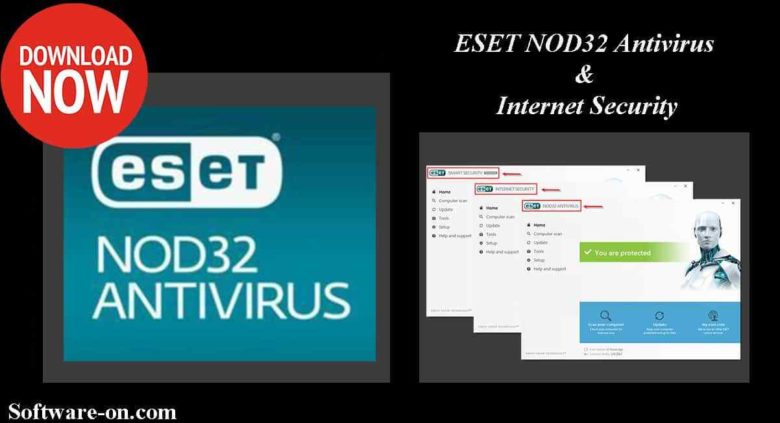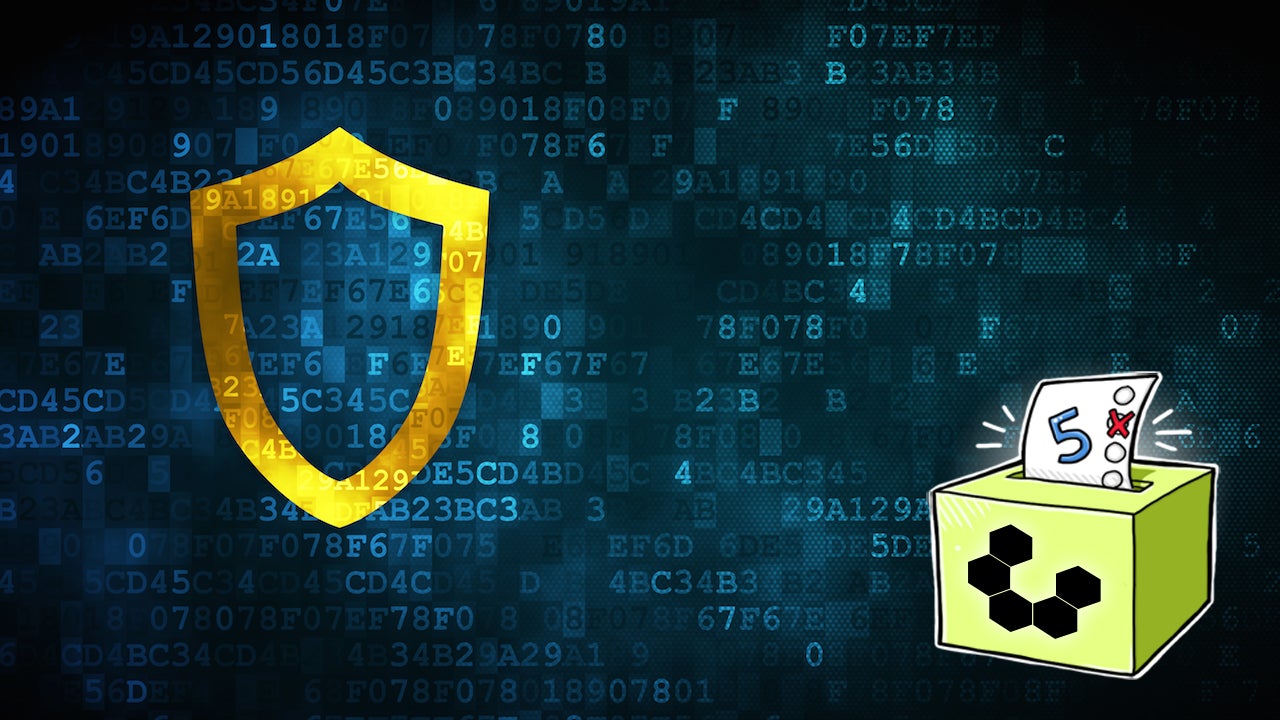

Modern antivirus utilities handle Trojans, rootkits, spyware, adware, ransomware, and more.

Ransomware and data-stealing Trojans are much more common, as are bots that let the bot-herder rent out your computer for nefarious purposes.

Malware these days is about making money, and there's no easy way to cash in on spreading a virus. We call it antivirus, but in truth, it's unlikely you'll get hit with an actual computer virus. What Are Viruses, Malware, and Ransomware? But at least for now, we're removing Kaspersky products from our "Best of" lists.

We've left the reviews in place, with a warning, since they provide useful information. The FCC labeled Kaspersky a national security risk.Īfter consideration, we can no longer recommend you purchase Kaspersky security products. Governments and third parties are cutting ties with Kaspersky. However, the current war in Ukraine has raised the stakes. We at PCMag focused on the capabilities of the products, not on the brouhaha around the company. Here's why.įor years, Kaspersky has faced accusations and censure based on its Russian origins, though none of the accusations have come backed by hard evidence of malicious behavior. And it no longer appears in our list of best antivirus products. It has also held PCMag's Editors' Choice honor for countless years. Kaspersky Anti-Virus has topped the antivirus lab testing charts for many years, garnering perfect scores, or at least near-perfect. We've gathered the top 10 tested products here, along with what to look for when selecting the right antivirus for you, which you can find after the listings below.


 0 kommentar(er)
0 kommentar(er)
